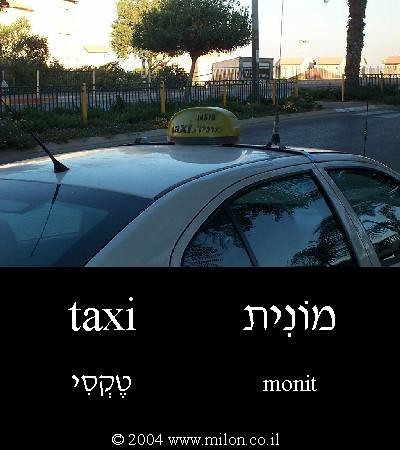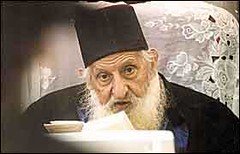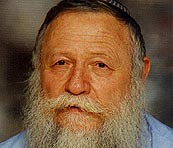
So after looking at my past blog postings it looks like I haven't posted any original content in a while.
So what have I been up to? Well I've been slowly working my way through this Nefesh B'Nefesh form for the past month. Yes, I said month! And it's not even because it's such a ridiculously long form. I mean it is pretty long but it's doable. The real tough part is the questions they ask! Let me elaborate.
"
Please list your last three jobs in order of most recent."
I've decided I'm only going to list jobs that actually paid me. And that leaves only my current job. But then they ask:
"
What did you like most about this position?"
"
What did you like least about this position?"
Below that they ask:
"
Are you satisfied with your current employment? Please explain:"
"
In what profession will you seek employment is Israel? Please provide details:"
A little further down the form they ask:
"
List you four main reasons for your interest in making Aliyah:"
Could that question be any more loaded? How can I possible fit the answer on those four little lines below?
"
What do you foresee as your three biggest challenges once living in Israel?"
Another loaded question!
"
How would you address those challenges?"
Oh boy, oh boy, oh boy!
And then it hit me! Answering these questions is not meant for the Nefesh B'nefesh staff... It's meant for the applicant. It's meant for me! These questions are meant to get the potential oleh thinking . To be the very first step in a long process of emotionally preparing for life in Israel.
It actually reminds me of a conversation I had with an Israeli Taxi Driver.
"
Why would you want to make Aliyah? Do you see how much traffic we have here?"
NBN might as well ask:
Do you think Israel is a wonderland?
Are you crazy?
How will you react when you realize how backward it is?
What will you do when they make you wait in line for five hours to fill out a some lousy form which they won't even give you because when you finally make your way to the front of the line they tell you that the office is on strike so you have to come back on the third Tuesday of every other month, but only when that Tuesday falls out the week after a full moon and the week before a solar eclipse (which you could swear is astronomically impossible?)
How will you deal with all the rude and frankly hot-tempered people you will encounter?
Are you crazy?
Why would you give up living the "American Dream" for a dinky nothing country like Israel?
Are you sure you're not crazy?
In any event - it's well known that NBN handles all the Aliyah paperwork for you on the plane. But don't think that you'll be able to make Aliyah with out filling out any forms! And don't think Aliyah will be easy!
I guess it really comes down to that conversation with the Israel Taxi driver. After berating how difficult life in Israel is non-stop for a good twenty minutes - he stops turns to me and says with a warm smile,
"
But still - come! You'll suffer with us! Really, come, we need you! You need us!"
 A-7: R' Kaduri Predicted "Natural Calamities" Weeks Ago!
A-7: R' Kaduri Predicted "Natural Calamities" Weeks Ago!









